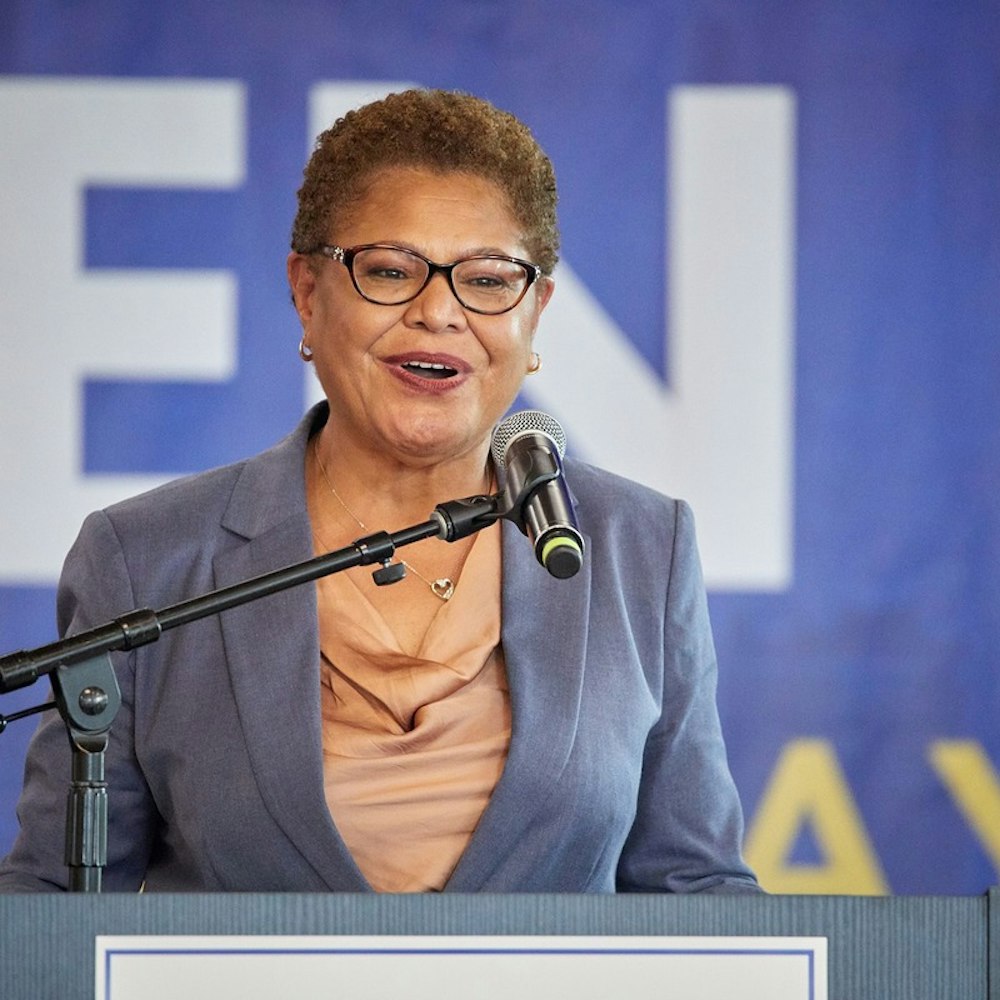
The heat is on in Georgia as the State Senate approved a bill that's stirring the pot on transgender rights and parental control in public education. The legislation, which passed on Tuesday, has triggered intense debate over the inclusion of transgender student-athletes in school sports. Originally introduced as a measure to support student-athlete mental health, House Bill 1104 underwent a drastic overhaul at the hands of Republican senators, who embedded provisions aimed at several touchstone cultural issues.
According to an article by WABE, the revised bill, spearheaded by Democratic Rep. Omari Crawford, is now positioned to bar transgender girls from competing on girls' sports teams at public schools, and the same rule would apply to private schools facing off against their public counterparts. This move, critics argue, represents a gross mutation of the bill's original intent—aimed to mitigate suicide risks—into a weapon that could alienate and harm transgender youth.
Crawford lamented the transformation of his bill, telling WABE, "My bill was to prevent suicide. I don't think that this bill does this now." The bill would further restrict transgender girls' use of locker rooms align with their gender identity, clamping down on their participation in school activities. Additionally, it dictates that sex education wouldn't begin until sixth grade and grants parents greater scrutiny over their children's library choices at school—a move purported to give them a heads-up whenever their child checks out material.
"This bill now points to people and says you're different and if you’re different let's exclude you," Crawford continued, signaling a stark stance against the bill's divisive language. Sharply contrasting views, state Sen. Clint Dixon, a Republican from Buford, championed the revised bill, asserting to WABE, "[This bill] protects children and empowers parents." In Dixon's view, an even playing field is of paramount importance, and the bill's multiple facets are unified in their quest to create a secure learning and competition environment.
Not pulling any punches, Sen. Nabilah Islam Parkes, a Democrat from Duluth, described the bill as a "Frankenstein" mash-up of backward policies. Parkes underscored the discriminatory nature of the legislation, which Dems argue could lead to "irreversible harm on students," especially those who are transgender. Echoing these sentiments, Sen. Elena Parent criticized the Republicans for pushing the additions to the bill without public input, characterizing it as disrespectful to voters and indicative of a failure to thoroughly vet new legislation.
Despite the backlash, the Senate's vote yielded a 33-21 victory for the bill's proponents. It now heads back to the House for further deliberation. While maintained by a Republican majority, the House has historically served as a moderating force against such Senate measures. On the heels of the Senate's decision, LGBTQ advocacy group Georgia Equality deemed the passage "shameful," with Executive Director Jeff Graham commenting that HB 1104 signals a hostile environment for transgender students and urged lawmakers to halt the "dangerous measure."
Caught in the cultural crossfire, conservative religious groups have expressed support for the bill, underlining the deep-seated divide over transgender rights and the role of government in public education. The bill's journey is far from over as it returns to the House, where its future hangs in the balance, subjected to a legislature grappling with the weight of these contentious issues.









